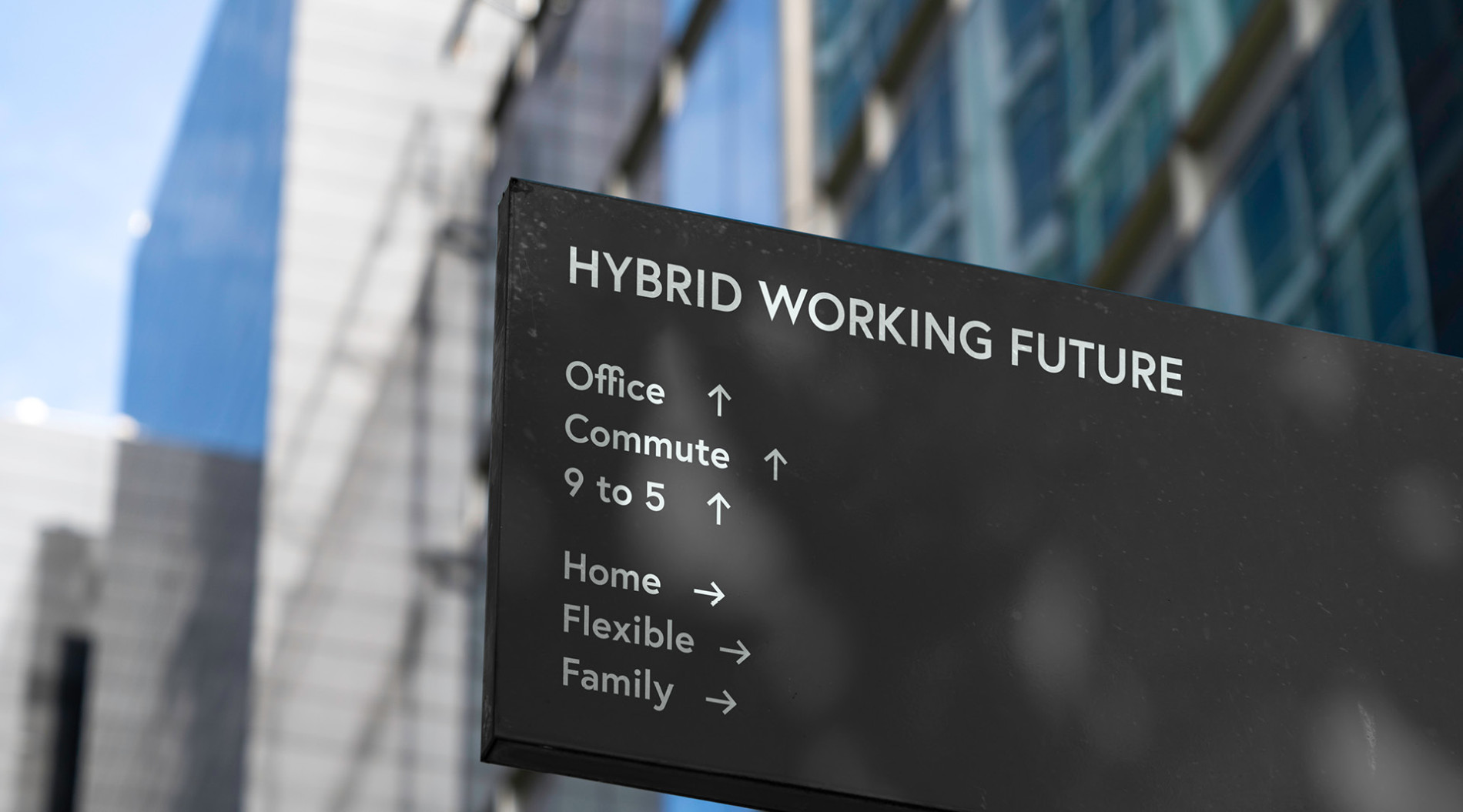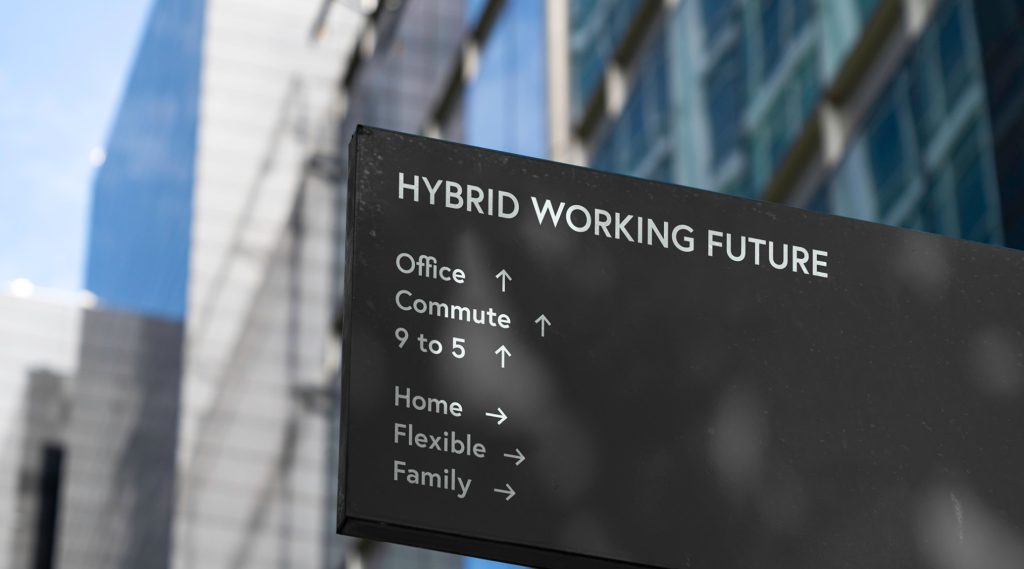How to Develop a High-Performing Team
Having a high performing team is what every manager aims for. A team which collectively strives for the best outcomes, meets business objectives and who are always ahead of the curve.
How do you build a high-performing team?
Throughout this article, we will discuss the elements of underperformance and how to improve your team’s productivity. We will also give you some insight into what to do if a team member is not up to scratch and how to manage their role in the business to get them performing to a higher standard.
It’s all about trust
All managers are looking to build and maintain a high-performing team. When the team functions well it is great for the business and great for the individuals in the team. No one wants to go to work and not feel successful. Being part of a positive team contributes to the overall enjoyment of their working environment. However, building a high-performing team takes time, commitment and motivation. To be a leader of a high performing team is an ongoing task, one that requires a growth mindset, you to be mindful of your team, their capabilities, their goals and the wider business objectives. To keep them on track and enthusiastic about the work they are doing.
You need to build trust. Consistency, knowledge and expertise in your industry, alongside getting to know your team as people, not just employees, will assist in building that trust that will push you in the direction of starting to form a high-performing team. It does take time to build a team, however it takes more time and energy to manage a team that isn’t performing. It is also more costly for you and the business when your team is not performing as it should. One bad apple can, in fact, spoil the bunch.
How to improve performance
If you have an employee that is not performing as expected, perhaps not hitting the KPI’s or just not up to par in terms of output, then don’t delay. It is important to speak with them as soon as you notice their activity declining or if you see them not reaching their full potential. You should not wait until they really get left behind before you start the conversation.
Part of the role of a manager, includes not only managing a team when they are all going well, but it is about motivating and encouraging team members all the time. It is crucial to remember that all team members need different support and feedback at different times in different ways. It is not a one size fits all approach. As a people manager, it is up to you to identify how each of your team likes to be managed to get the best from them. The high-energy, impact team member will need to be managed differently to the quieter, doer and both will be receptive to different forms of feedback and support.
There can be many reasons why a team member may not be performing as expected. They may be lacking the necessary skills, they may be a bad cultural fit or there could be a misunderstanding of your expectations. Through having a conversation and consistent follow up you will uncover what the root cause is, to enable you to act to remedy the situation
Additional elements can be offered to help lift your staff members, such as additional skills training, group activities to promote teamwork and an overview of what the team is expected to produce and how.











